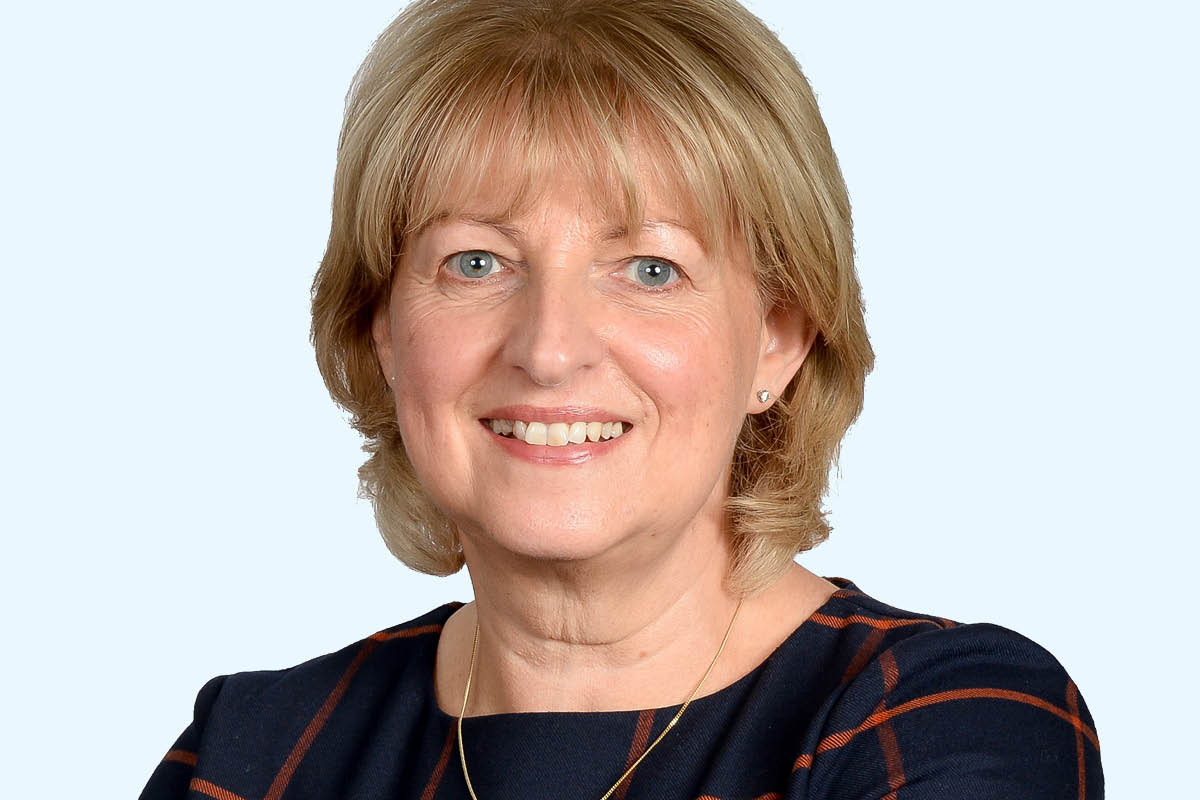You are viewing 1 of your 1 free articles
Understanding our customers has helped us navigate our business through the current challenges
The pandemic has provided lessons in how to think and work differently. At Places for People, we will continue to work hard on our people-first approach that has placed us in a good position to ride through the current challenges, says David Cowans
Events since March have been extreme and unprecedented, but even before coronavirus hit, the economic backdrop and uncertainty around Brexit was causing turbulence, so we had been working hard to put our business in a robust position to cope with challenges.
We spent a lot of time listening to our customers to really understand what they wanted and plan how we were going to deliver that. Now our priority is to continue to work hard on our people-first approach and creating and managing the homes and communities that people really want.
As we find our new normal in the post-coronavirus era, there is an opportunity for the affordable housing sector to step up to the mark. In the past year, we had already increased the volume and proportion of new affordable housing we develop as part of our partnership with Homes England.
Like many in the sector, we are up for playing our part in investing in the country’s infrastructure and getting behind building as the route to recovery. Housing is a fundamental part of that and should be classed as vital as any other form of infrastructure.
Lockdown forced many of us to spend much more time at home, emphasising more than ever the importance of home and place.
This period has taught us so much more about the things people value in the places that they live. These factors very much align with our blueprint for successful placemaking. A good example is Brooklands in Milton Keynes, where the new mixed-use community of 2,500 new homes is nearing completion.
It centres around what people have found important in recent times, including extensive public green spaces, a feeling of neighbourliness and good-quality infrastructure.
There have been countless examples up and down the country of communities coming together and that puts into sharper focus the question of what makes a successful community.
Our experience of developing and managing affordable housing over several decades has shown us that building mixed-tenure communities is a way to strengthen social cohesion and economic inclusion, giving the opportunity to improve lives and lifestyles.
We are committed to providing our customers with a range of housing options so that they can move between tenures in a flexible way that meets their needs and at a cost they can afford. The statement from the chancellor about the stamp duty holiday in England, which will run until March next year, should also have a positive impact on short-term demand for housing for sale.
“Despite the difficulties and its impact on society, the coronavirus pandemic has provided valuable lessons in how to think and work differently”
Another lesson highlighted by lockdown is the fundamental importance of digital connectivity in the modern world and our reliance on it. Technology is a top priority, both in terms of the digital infrastructure we provide to our customers and how we operate as a business.
But while use of technology is rising, events have also highlighted that there is no substitute for person-to-person connection.
All businesses have had to review how they support their individual customers and staff. When lockdown was imposed, ground-level support for our most vulnerable customers was key.
We set up a customer welfare taskforce to provide vital contact, including ensuring people had access to food and medication as well as offering a friendly voice at the end of the telephone. The taskforce made contact with more than 60,000 households and more than 12,500 customers received regular calls.
Building on this, we are planning to use a similar approach in the future to contact customers who may be experiencing financial difficulty.
There is no denying that the past few months have been a steep and previously unimaginable learning curve, and we have enhanced the wide ranging-measures we have in place across the group to support customers. This puts us in a strong position to provide continued and more directed support in the event of localised lockdowns in the future and as circumstances remain uncertain.
Despite the difficulties and its impact on society, the coronavirus pandemic has provided valuable lessons in how to think and work differently.
We were already looking at new ways of working prior to this, but there are opportunities we may never have addressed until the pandemic arose. These lessons and opportunities are now influencing the direction of the business and are being built into our plans to ensure we have a robust recovery.
As we look ahead to the next phase in our journey, I am confident that we are in a good position to ride through the current challenges and continue to create sustainable new communities that work for everyone.
David Cowans, group chief executive, Places for People












